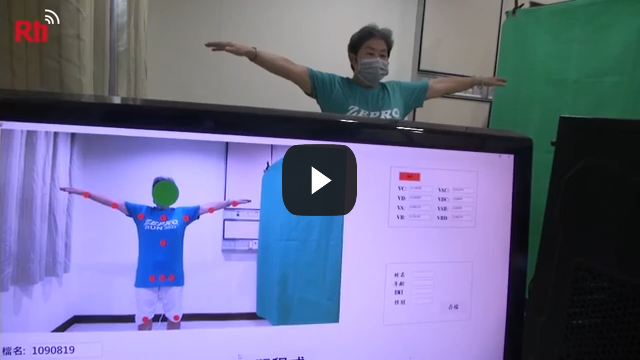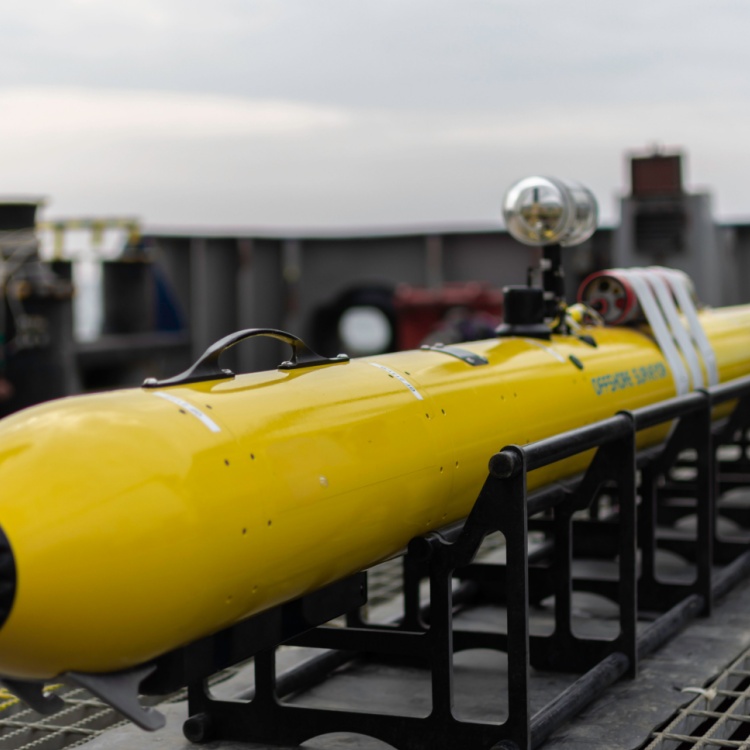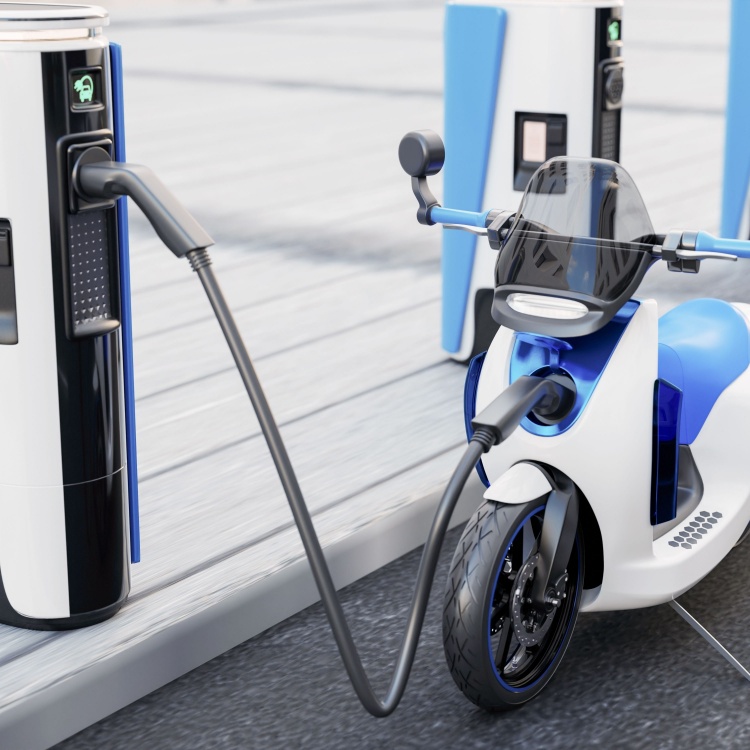How AI Helps Alleviate Alzheimer’s
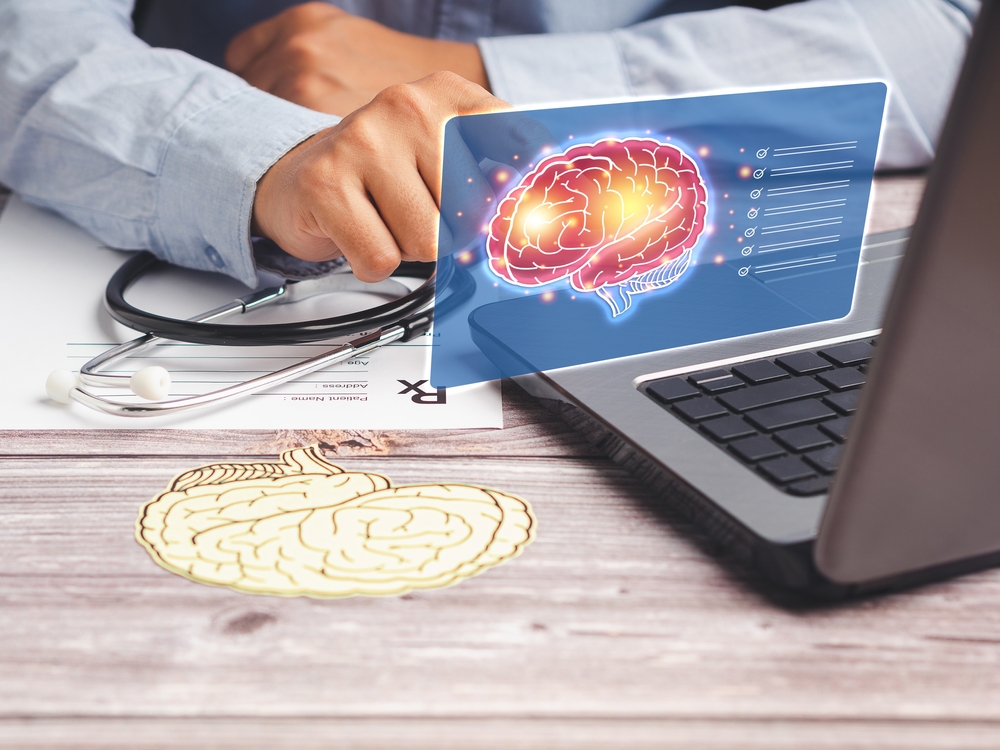
Dementia is one of the toughest, cruelest, and saddest neurological syndromes known to man. Here’s how AI is proving to be one of the strongest allies in alleviating the conditions of patients suffering from dementia.
The World Health Organization (WHO) tells us that there are currently more than 55 million people living with dementia globally and that there are 10 million new cases every year. While most adults that acquire it are senior citizens, the WHO says that it is not inevitable for those who are aging. Still, the numbers are staggering, and for those affected, dementia can be a battle not only for the patient but for their loved ones and caregivers as well.
The National Institute of Aging (NIA) defines dementia as “the loss of cognitive functioning, thinking, remembering, and reasoning, to such an extent that it interferes with a person’s daily life and activities.” It is common for those with dementia to lose some control of their emotions and undergo a personality change. For these reasons, dementia, and Alzheimer’s disease, in particular, is one of the most challenging, cruelest, and most tragic neurological conditions known to man.
According to WHO, Alzheimer’s disease contributes to as high as 60-70% of cases of dementia, making it the most common form of the condition. It’s considered degenerative, which means the cognitive and physical deterioration steadily progresses over time. This is why it’s vital for those diagnosed with Alzheimer’s to get the proper care and support from their families and caregivers, as there is currently no known cure, even though certain anti-dementia medicines and disease-modifying therapies exist to sort of “slow down” the progression.
(Also read: Smart Aging: Tech for Senior Citizens)
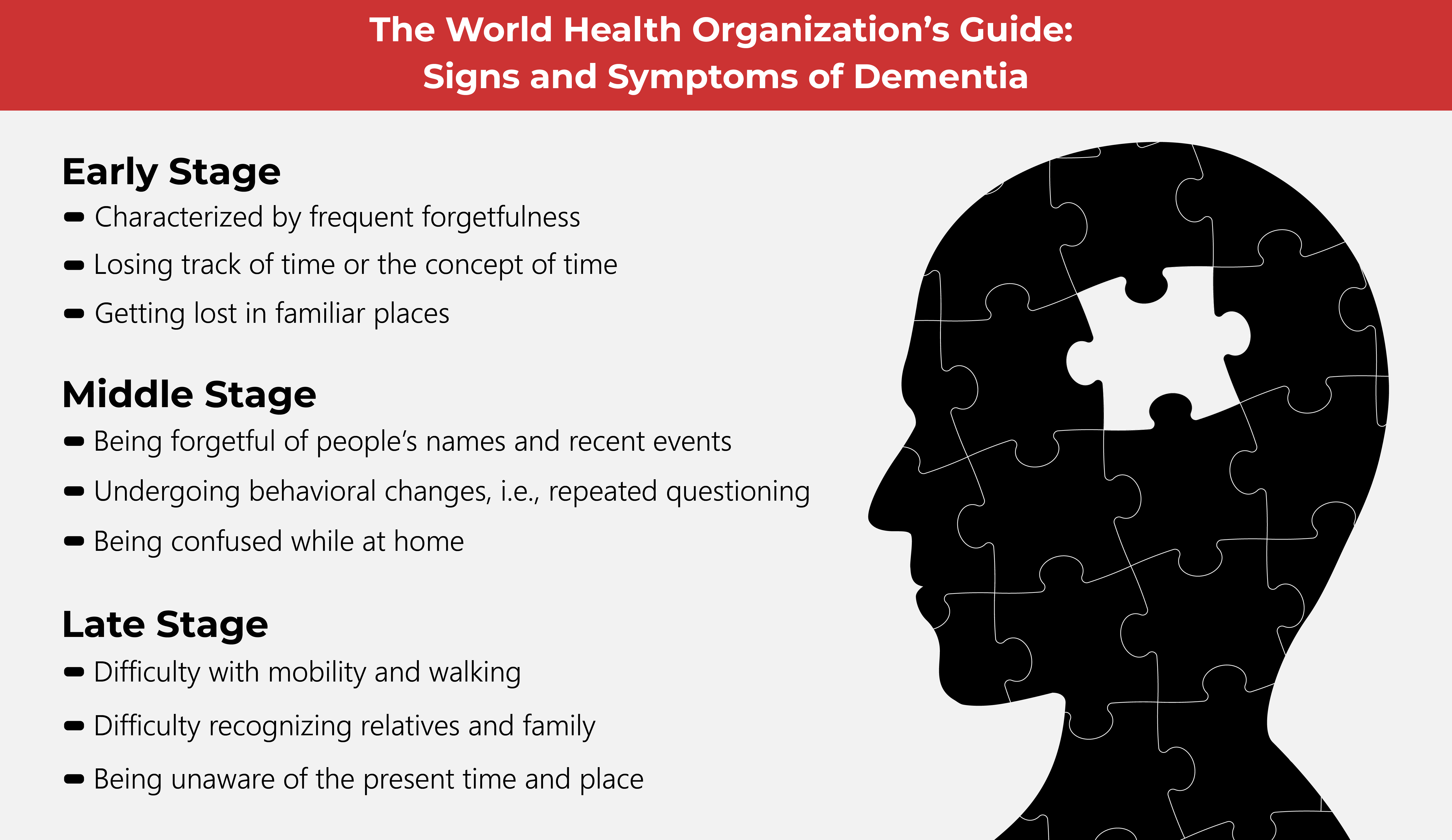
How AI has become an ally for those who have Alzheimer’s
Just like any medical condition, it’s important to get a clear and definite diagnosis of dementia and/or Alzheimer’s so the patient can start receiving the proper care and their caregivers can make the appropriate adjustments in the home to accommodate the specific needs of their loved one.
However, not everyone has ready access to specialists or doctors who can properly assess the patient. What’s more, because of the sheer number of new cases worldwide, doctors, specialists, and healthcare professionals are overwhelmed by the number of people that need treatment and may not possibly get to everyone that needs attention. These are large gaps that need addressing, which is where artificial intelligence can be of help.
One such study has proven this, and it comes from the research conducted by a team from the Boston University School of Medicine (BUSM), where they discovered that computational techniques, such as AI can help alleviate some of the symptoms and challenges connected to caring for patients with dementia. Their research was published in Nature Communications, an open-source journal publishing high-quality research in the natural sciences.
According to Dr. Vijaya B. Kochalma, an assistant professor at BUSM, “It is foreseeable that some degree of automation could step in to help, thereby enabling doctors and their patients to plan treatment accordingly.”
In the study conducted by the team at the University of Strathclyde, the team designed computer systems that can collect large amounts of data during check-ups of patients with suspected dementia. Results from various diagnostic tests such as neuro-psychological and functional testing and MRI scans were gathered and then fed into a neural network programmed, designed, and trained to identify dementia-specific characteristics from the large data set.
Machine learning methods were used to identify the specific pieces of data in their model used for making a diagnosis. Then, they applied similar methods to data gathered from MRI scans marked as significant by the model that corresponded to
parts of the brain where evidence of degenerative tissue changes was found. Finally, they put their findings in a “head-to-head” study with a group of real physicians. The findings from the computer system and the doctors were similar.
Another study done by a team of researchers from the University of Strathclyde in Glasgow has also had a breakthrough for dementia care. In their study, they discovered that storytelling AI can improve the well-being of those suffering from dementia.
A person’s memories and recollections are greatly affected by dementia, which can make the patient feel isolated, confused, and even alienated by their environment. In this study, the research team is developing an AI companion that can help them remember their memories to lessen depression and feel more confident about themselves.
The project is called AMPER and it stands for “Agent-based Memory Prosthesis to Encourage Reminiscing”. It is driven by AI, and it is centered on the user. The team says that AMPER will focus on “personalized storytelling to help bring a person’s memories back to the surface”.
According to the team, “The aim of AMPER is to assist people in retrieving their memories and we hope this will help to strengthen people’s self-esteem, and feelings of belonging.”
The project is currently in development, but the team hopes that AMPER can one day be accessible via a tablet app.
Diagnosis for proper care, and improving the quality of life for patients suffering from dementia are just two of the applications of AI and machine learning in dementia care. There have been amazing leaps and discoveries with both, and hopefully, it won’t be long before these projects are launched so they can help those in need.
As one of the Top 19 EMS companies in the world, IMI has over 40 years of experience in providing electronics manufacturing and technology solutions.
We are ready to support your business on a global scale.


